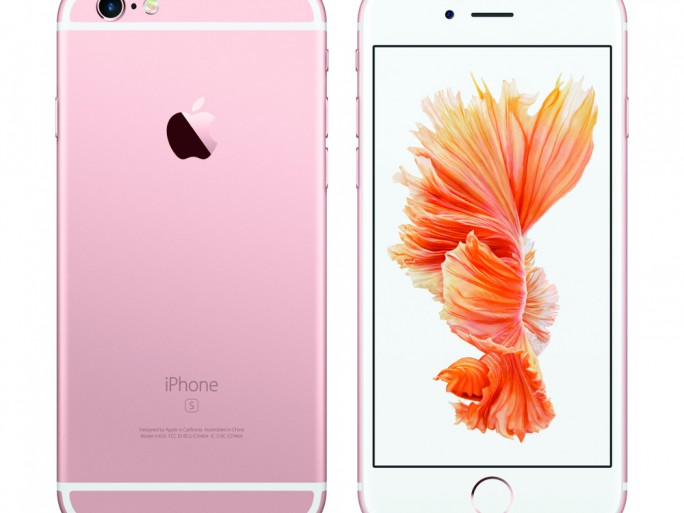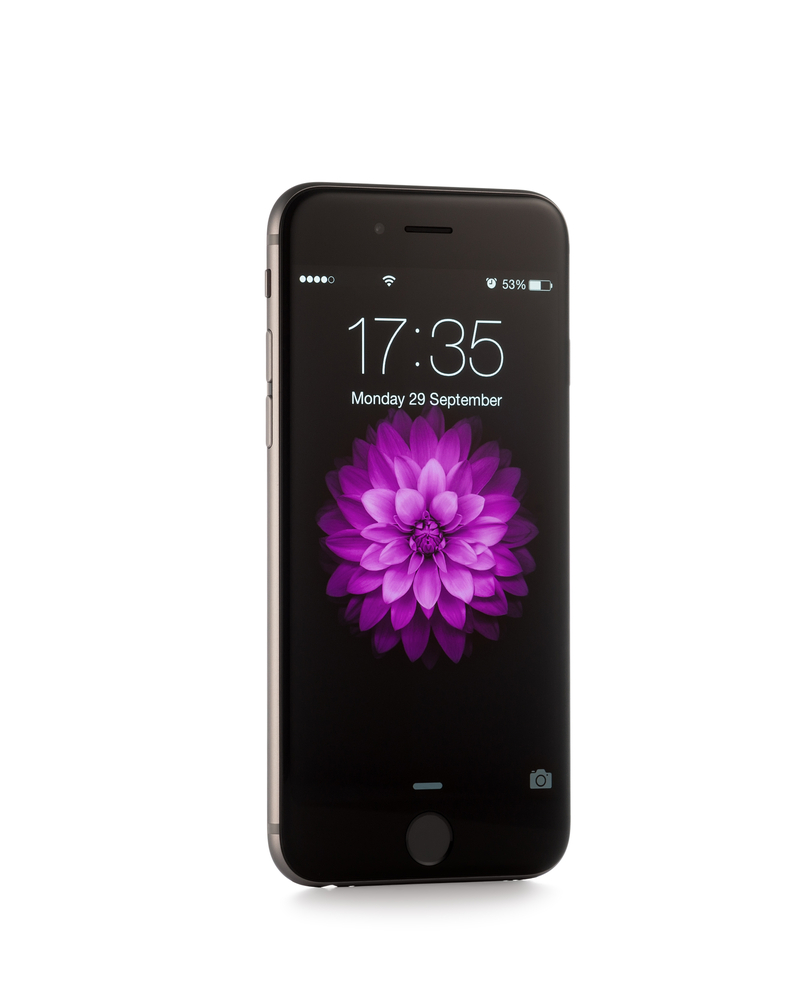Apple Faces European Lawsuit Over Battery Slowdown

Advocacy group Euroconsumers launches lawsuits in Belgium, Spain, Italy and Portugal over Apple’s deliberate policy of slowing older iPhones
Apple faces fresh legal action for deliberately releasing software updates that “significantly reduced” the performance of older iPhones – the so called ‘battery gate’ scandal.
Advocacy group Euroconsumers said in a statement on Wednesday that the class-action lawsuits cover up to 2 million iPhone 6, 6 Plus, 6S and 6S Plus devices in Belgium, Spain, Italy and Portugal.
Apple has been in trouble for couple of years now, after it had admitted the slowdown would help avoid unexpected handset shutdowns and preserve older batteries, but many felt Apple had done this was a ploy to force users to purchase new devices.

Battery gate
The whole battery gate issue began back in December 2017, when it was discovered that Apple had deliberately slowed down older iPhones, which it claimed would help avoid unexpected handset shutdowns.
The issue was discovered when an iPhone user shared performance tests on Reddit that revealed that a iPhone 6S had slowed down considerably as it had aged.
However the handset suddenly sped up again after the battery was replaced, pointing to a deliberate policy by Apple to slow older iPhones.
In the ensuing outrage, Apple was forced to say sorry over the matter and lowered the price for replacement batteries to $29 from $79, but it denied accusations it was a clumsy attempt to force customers to upgrade to new handsets.
Apple’s official position on the matter remains that lithium-ion batteries become less capable of supplying and maintaining peak current demands, as they age.
Apple insisted its slowdown (or throttling) was designed to stop older iPhones unexpectedly shutting down, so as to protect its electronic components.
But just one week after Apple’s admission in December 2017 that it slowed down older iPhones, three class-action lawsuits were launched in the US against the iPad maker.
Plaintiffs argued they didn’t consent to the company’s “interference”, and the lawsuits were eventually combined into a single case against the tech giant.
Fines and payouts
Apple was hit with a 5 million euro fine in France back in 2018 for releasing software updates that “significantly reduced” the performance of its iPhones.
Apple was also fined $12 million in 2018 in Italy, over the matter.
And the payouts kept coming.
In March 2020 Apple reached a litigation settlement of $500 million in the United States.
Then in October this year Apple also confirmed it was to pay $113m (£85m) to settle an official investigation by 33 US states into its deliberate policy of slowing down older iPhone models.
European lawsuit
But now Apple is facing another lawsuit, this time in Europe because of Euroconsumers.
“Euroconsumers…today announced it has filed two class-action lawsuit sagainst Apple Inc, over the planned obsolescence of Apple iPhones,” the group stated.
“The lawsuits cover owners of iPhone6, 6 Plus, 6S and 6S Plus and alleges Apple engaged in unfair and misleading commercial practices,” it said.
The lawsuits are seeking compensation of at least 60 euros for each affected consumer in Belgium and Spain, and the group said that it had taken the action after no response from Apple itself.
If the lawsuits succeed, they could cost Apple €180 million ($217 million) in total, based on Euroconsumers estimates of the number of devices affected.
It has also planning to launch lawsuits in Italy and Portugal.
“Consumers are increasingly upset by products wearing out too quickly, the iPhone 6 models being a very concrete example of that,” said Els Bruggeman, head of Policy and Enforcement at Euroconsumers.
“Not only does it cause frustration and financial harm, from an environmental point of view it is also utterly irresponsible,” he added. “Consumers want to be treated with respect, demand fair compensation and more sustainable phones,” he said. “Euroconsumers is sending a clear message to Apple that planned obsolescence can no longer be accepted.”